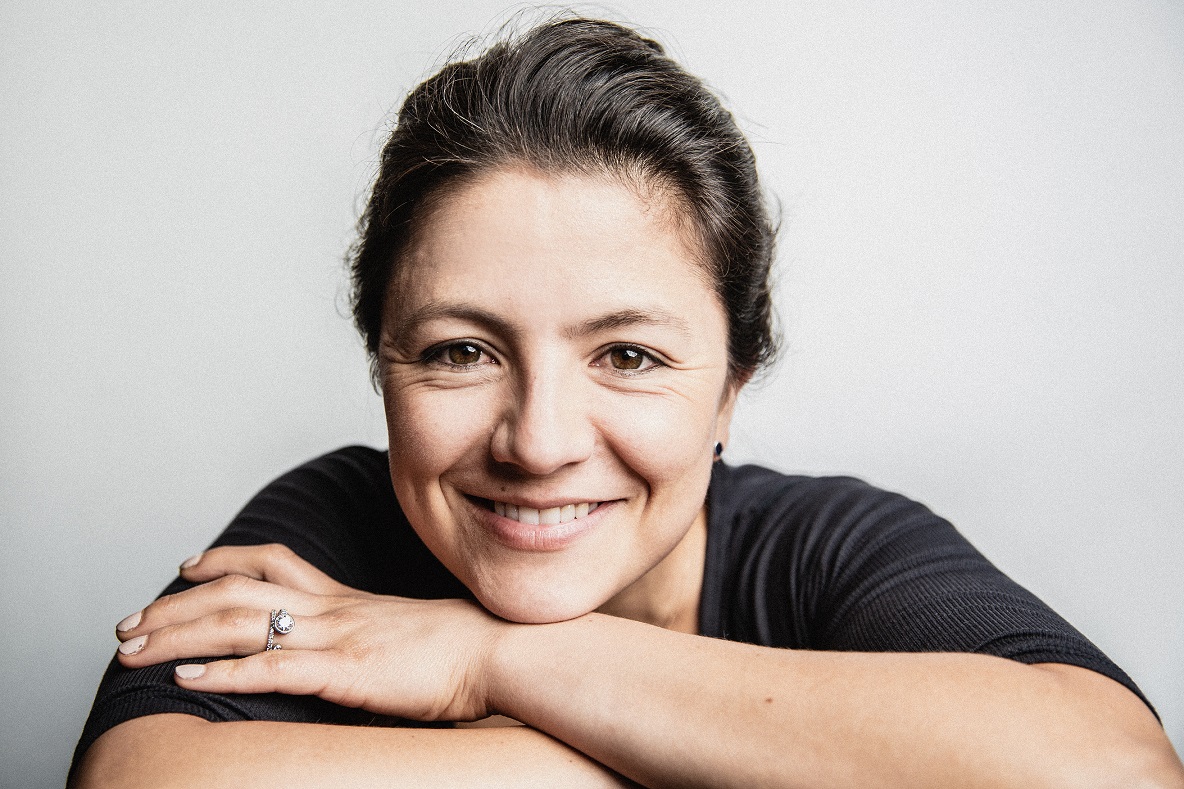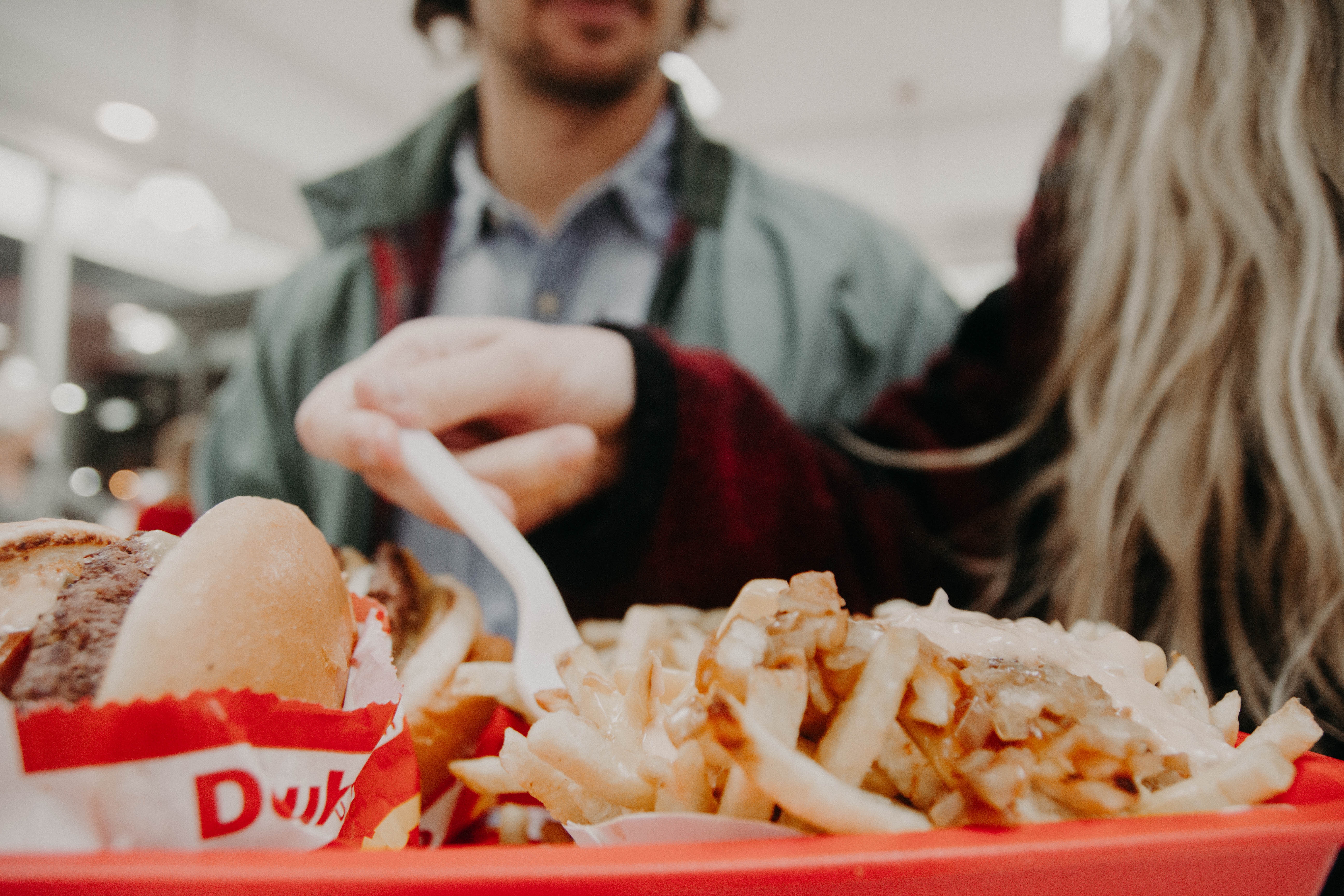For some reason, when we talk about mental health we think about anxiety, depression, bipolar disorder or schizophrenia. We rarely think about eating disorders. As a woman who lived with bulimia for 15 years, I must admit I never saw my eating disorder as a mental issue. I minimized it and I saw it as a manifestation of my stubborn desire to look a certain way.
Today, when I look back into my journey towards food freedom, I realize that what I experienced was far from a teenager’s whim. Mental illnesses are health conditions that affect our mood, thinking, emotions and/or behavior. We stand in mental illness territory when “ongoing signs and symptoms cause frequent stress and affect your ability to function.”
Based on my experience, I can check most of the boxes in the list of signs and symptoms that characterize mental illness:
Confused thinking or reduced ability to concentrate? Check.
Excessive fear, feelings of guilt and shame? Check.
Isolation and withdrawal from friends and social activities? Check.
Major changes in eating habits? Check.
Inability to cope with stress? Check.
Those who suffer from an eating disorder know that these symptoms and signs translate into unmanageability and insanity. That’s how I would describe those 15 years during which I fought every bite of food I ate (or didn’t eat) and how my body looked or feel.
I loved food and wanted lots of it, but hated it at the same time because it made me fat and, I thought, undesirable and defective. I didn’t have enough willpower, I thought. The fact that I couldn’t control my eating was an indication that there was something wrong with me. So I kept trying even harder. The result: low self-esteem, depression, isolation and, of course, going back and forth between restricting, overeating and purging.
Many times I passed on invitations to travel with friends because I didn’t know what food they were serving or because I didn’t like how my body felt and looked the day before traveling. I lost valuable time with my family because, although I was physically sitting with them around the dining table, my mind was thinking about that moment in which I could be alone with that cake in the back of the fridge. I used aggressive language while looking at myself in the mirror. I was sad. I was “grey”.
I continue to learn things from my recovery journey. The three most important are:
You have to want recovery
I hit bottom after living with bulimia for 15 years. This means my desire to feel normal and sane overrode my desire to be skinny. My family and close friends know I tried everything: therapy, a Shaolin monk, acupuncture, Prozac, nutritionist, you name it! None of them worked because they all failed to give me the discipline to keep my mouth shut. They didn’t work because my motivation wasn’t recovery.
If you fight your food and your body and want to learn where to begin, ask yourself what’s motivating you? What do you desire the most, sanity or a number on the scale? Surrendering and accepting you have no control over your life because of your eating disorder precedes any effective attempt to achieve sanity.
Recovery isn’t a straight line
There’s no script to recovery and it isn’t a straight line. Some days you feel great, and others you fall and it hurts. The important thing that when you fall, you get up, reflect and learn. In reality, the more you fall, the more you learn and the stronger your recovery is. Be curious. Ask questions. Read. Do research. Use whatever tools are necessary. They will all contribute to your recovery in one way or another.

It’s not about the food
My recovery journey taught me that my eating disorder wasn’t really about the food. I grabbed on to the food as a way to survive events or situations I resisted or disliked. Food soothed me when I wasn’t willing to feel unpleasant emotions. My eating disorder was a manifestation that something else inside of me was asking to come out: resentments and forgiveness, for example. The eating disorder was a hungry ghost, in the words of Tara Brach, that pushed me to chase for soothing in the shape of food. Next time you feel the urge to binge, purge or restrict, pause and ask yourself what inside of you is really calling for attention. The answer will surprise you.
While the crazy thoughts around food and my body still arise from time to time, I can say I now enjoy food freedom, a state in which I can enjoy food and people around me and I forgive myself when I eat too much and don’t try to correct it for the sake of weight-loss.
Recovery from an eating disorder is possible. Just remember “sometimes it hurts the most before you let it go.“
I’ll keep sharing about my journey. In the meantime, listen to pineapple radio to learn how I found food freedom.
The information provided on this post is for educational and informational purposes only and solely as a self-help tool for your own use.
Written by Lina Salazar.


